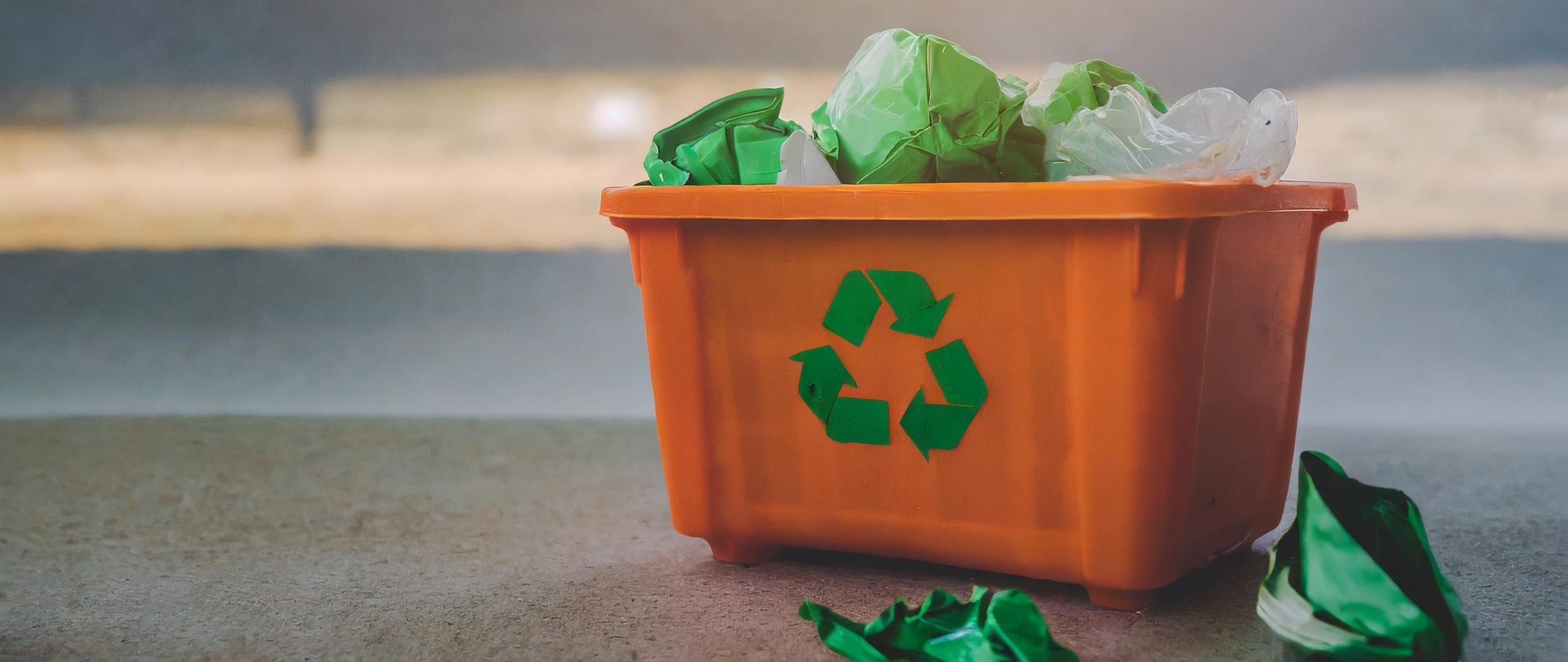Comprehensive Showcase of Global Solid Waste Management Innovations & Startups
From CLIMAFIX, the leader in climate innovation intelligence
Solid Waste Management Introduction:
Solid waste refers to waste from residential, commercial, and industrial establishments, a large part of which currently goes to landfill.
Over 2 billion tons of municipal solid waste alone are generated each year worldwide. Interestingly, about 9 billion tons of commercial & industrial solid waste (including construction & demolition waste) are also generated annually.
Such large amounts of waste result in overflowing landfills and stinking cities. They also represent a poor mindset of people worldwide who generate so much in the first place.
But solid wastes are not just about a poorly used resource ending up in a landfill. They also indirectly represent greenhouse gas emissions that had gone into producing those products. In addition, a good portion of these wastes also generate methane while in landfills. Methane is a potent greenhouse gas with a global warming potential that is 25 times that of CO2.
Managing solid waste in an efficient and optimal manner thus presents a significant decarbonization avenue.
While it might be difficult to utilise some portions of the solid waste, value can be recovered from many portions. One of the most attractive avenues is recycling, as a recycled product consumes significantly less energy and less emissions than making the product from scratch – the reduction could be as high as 75% in some cases. Note however that recycling rates are rather poor in many regions worldwide. In the US for instance, less than 10% of plastics were recycled in 2018, though the EU reported a rather impressive 42% for that year.
Some portions of solid waste can be composted and converted into fertiliser. Other solid wastes can be converted to energy. While combustion is perhaps the simplest way to recover energy from solid waste, it may not be optimal – thermal processes such as pyrolysis or gasification could recover much higher value from waste.
Solid waste management as a decarbonization avenue is relevant worldwide, but it is far more relevant for developed economies that generate a lot more solid waste per capita, and also generate waste that comprises a high proportion of recyclables.
Avenues such as composting are well developed and represent simple avenues to sustainably manage solid waste. Within recycling, technologies are well-developed for certain types of solid waste.
But given the diverse waste streams from domestic, commercial, and industrial segments, and with poor waste segregation and disposal habits in many parts of the world, recovering value from waste is currently quite expensive, hampering large-scale value recovery.
For the 2020-2030 period, innovations in this domain will be around business models, the introduction of intelligence and “smartness” in waste collection mechanisms, recycling technologies, use of digital solutions to derive efficiencies at multiple points along the solid waste management value chain and more effective sorting/segregation technologies and practices.
The Solid Waste Management Innovations & Startups Report provides insights on the following:
- Current & Emerging Technologies
- Innovation & Startups Analysis
- Urgency of this Decarbonization Avenue
- Unique Solutions Derived from Startups
- Commercialization Potential
- Scalability
- Highlights of Prominent Innovations & Startups
- List of 10 High-Impact Startups
For each startup, the following inputs are provided:
- Product
- Key benefits
- Technology & process
- Videos
- Links to founder profiles
- Links to prominent news & analyses about the startup
The Solid Waste Management Innovations Report is part of CLIMAFIX 500, a comprehensive global climate innovation and startup report.



